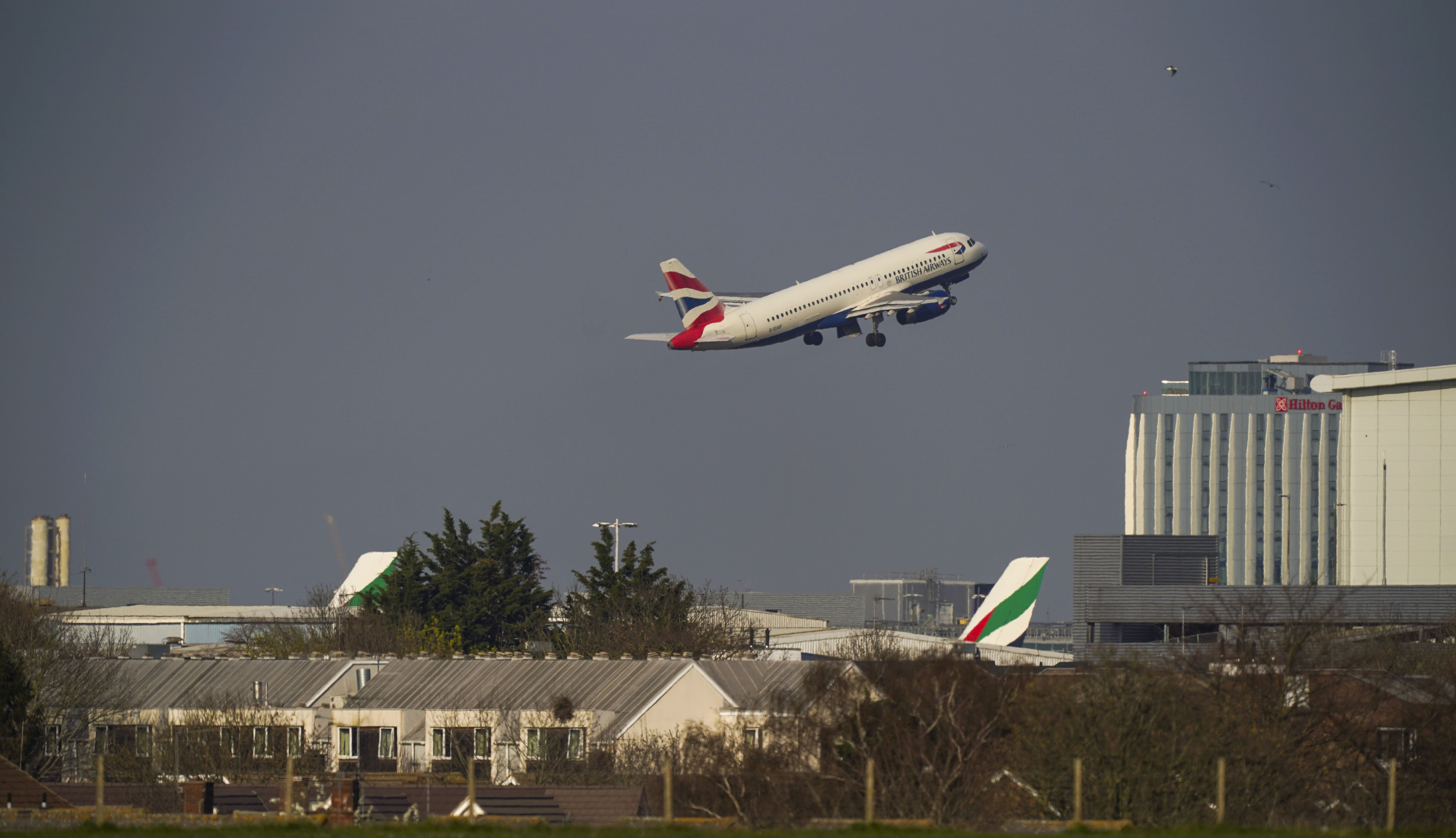How long can we expect airport delay chaos to last?
Hope for the best but be prepared for disruption, advises Simon Calder


Travel is the industry of human happiness, and many of the people involved in it are profoundly, and possibly irrationally, optimistic.
So when British Airways says “We’re returning almost to summer 2019 levels”, and easyJet decides to launch its biggest-ever schedule this summer from its main base, Gatwick, each airline genuinely believes it will deliver an abundance of joy – for its shareholders as well as us lucky holidaymakers.
The same goes for the UK airports that have seen passenger numbers in the past two years dip to 5 per cent of pre-pandemic levels – with some falling to zero.
But the flight path to hell is paved with good intentions, and what might work on paper doesn’t necessarily survive first contact with the travelling public, with many families going away on their first holiday for two years.
BA and easyJet, the UK’s two biggest carriers, appear to be settling into a pattern of around 70 cancellations each day.
That represents a daily tally of around 20,000 passengers, who booked in good faith with the UK’s biggest airlines but are told – with the timing of advance warnings ranging from two weeks beforehand down to 20 minutes – that their flights have been cancelled.
Meanwhile, the mayor of Manchester is talking of deploying police officers on security checkpoints at the city’s airport in order to reduce the queues, while many travellers have complained to The Independent that they have missed their flights from other hubs because of the long waiting times.
Useless airlines, useless airports, you might conclude. But cast your mind back to December last year, when the UK aviation industry was contemplating the year ahead. The government had just introduced Europe’s most complex, onerous and expensive travel restrictions, with even fully vaccinated and boosted arrivals to the UK required to take multiple tests and self-isolate.
After 18 months of baffling and incoherent decisions by ministers, it would have been a brave executive to predict that all the rules would end on St Patrick’s Day, 17 March, and advise airlines to staff up accordingly.
With hindsight and limitless cash, aviation would have kept the tens of thousands of experienced (and security-cleared) staff who left the industry during the pandemic. It is of little comfort to families who are facing uncertainty this Easter about what could be their first holiday for two years, but I predict that new blood will be in place at airports and airlines in time for the summer.
Meanwhile, hope for the best but be prepared for delays and disruption. The industry of human happiness has a high propensity to go Tango Uniform.



Join our commenting forum
Join thought-provoking conversations, follow other Independent readers and see their replies
Comments